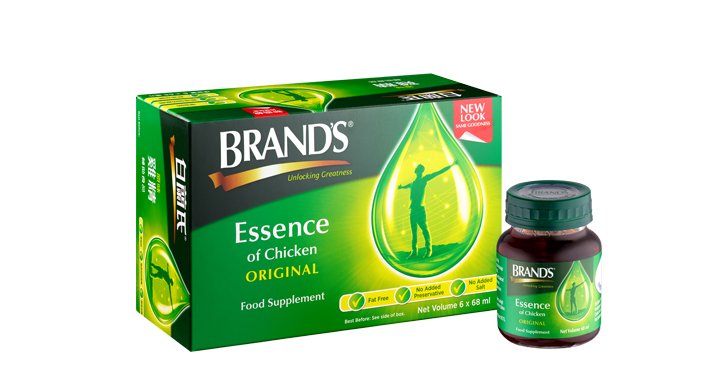
Can People With High Blood Pressure Drink Chicken Essence? Too Much Sodium Can Cause Blood Pressure to Skyrocket
In recent years, various chicken essences that have been endorsed by celebrities are particularly popular. However, supplementation does not necessarily guarantee health! High blood pressure, a common risk factor for many diseases, is often related to chronic diseases such as cardiovascular disease, stroke, diabetes, and kidney disease. When relatives and friends use chicken essence as a gift to patients with high blood pressure, they return to the clinic and find the blood pressure is higher than before.
Can patients with high blood pressure drink chicken essence? What should I pay attention to when taking nutritional supplements?
Causes of high blood pressure
Blood pressure is the pressure exerted on the arteries when blood flows. This pressure comes from the compression of the heart, allowing blood to be transported throughout the body to maintain the stability of life functions. The 2022 Taiwan Hypertension Treatment Guidelines have revised the definition of hypertension down. If the systolic blood pressure is greater than 130 mmHg or the diastolic blood pressure is greater than 80mmHg, and if measured at home at different times are greater than this value, then you really have hypertension. Therefore, it is no longer considered in the past that “systolic blood pressure greater than 140mmHg or diastolic blood pressure greater than 90mmHg means high blood pressure.” Hypertension can be divided into the following 2 types:
- Essential hypertension: It is caused by age, living habits, stress, and genetics. About 90% of patients have this type.
- Secondary hypertension: high blood pressure caused by physical disease or drugs, such as kidney disease, endocrine abnormalities, and cardiovascular disease.
Dietary taboos for patients with high blood pressure are too much salt!
The most important dietary taboo for patients with hypertension is the “sodium content.” The amount of sodium intake directly determines the incidence of hypertension. It is recommended that if the daily salt intake can be reduced to less than 6 grams, blood pressure can be reduced by 2 to 8 mmHg on average, which is comparable to the effect of taking antihypertensive drugs every day.
Generally speaking, patients with high blood pressure need to control their daily sodium content within 2,000 to 4,000 mg. A salt intake equivalent to one teaspoon or about 5-10 grams is considered a safe value.
Can patients with high blood pressure drink chicken essence?
Since sodium ions have the property of retaining water, if there is too much sodium in the body, the body will retain water to balance the body fluids. However, too much water will increase blood pressure and cause the following symptoms:
- Headache
- Dizziness
- Tinnitus
- Palpitations
- Nausea and want to vomit
- Twitch
Health supplements such as chicken essence are usually high in salt and potassium. For example, patients with high blood pressure and kidney disease need to strictly control their sodium intake, which may easily cause a burden on the body.

Since most commercially available “chicken essence” contains protein, branched-chain amino acids, purine, potassium, phosphorus, sodium, etc., it is not a health guarantee for patients with gout, chronic kidney disease, hyperuricemia, and hypertension. It is recommended that You should still consult a doctor or nutritionist first and evaluate your personal condition before taking it, to avoid your blood pressure from rising instead of falling.
People who take high blood pressure medications should also pay attention to a high-potassium diet
Some commercially available diets replace sodium with high potassium to add flavor to the food and avoid excessive sodium content. However, not all patients with high blood pressure can adopt a high-potassium diet. Patients taking the following medications should avoid high-potassium foods as much as possible:
- Angiotensin-converting enzyme inhibitor
- Angiotensin receptor blockers
- Potassium sparing diuretics
- Renin inhibitor
These drugs may cause adverse drug reactions with potassium ions, especially for hypertensive patients with kidney disease. They will increase the burden on the body and cause symptoms of muscle weakness, numbness in hands and feet, and irregular heartbeat.












